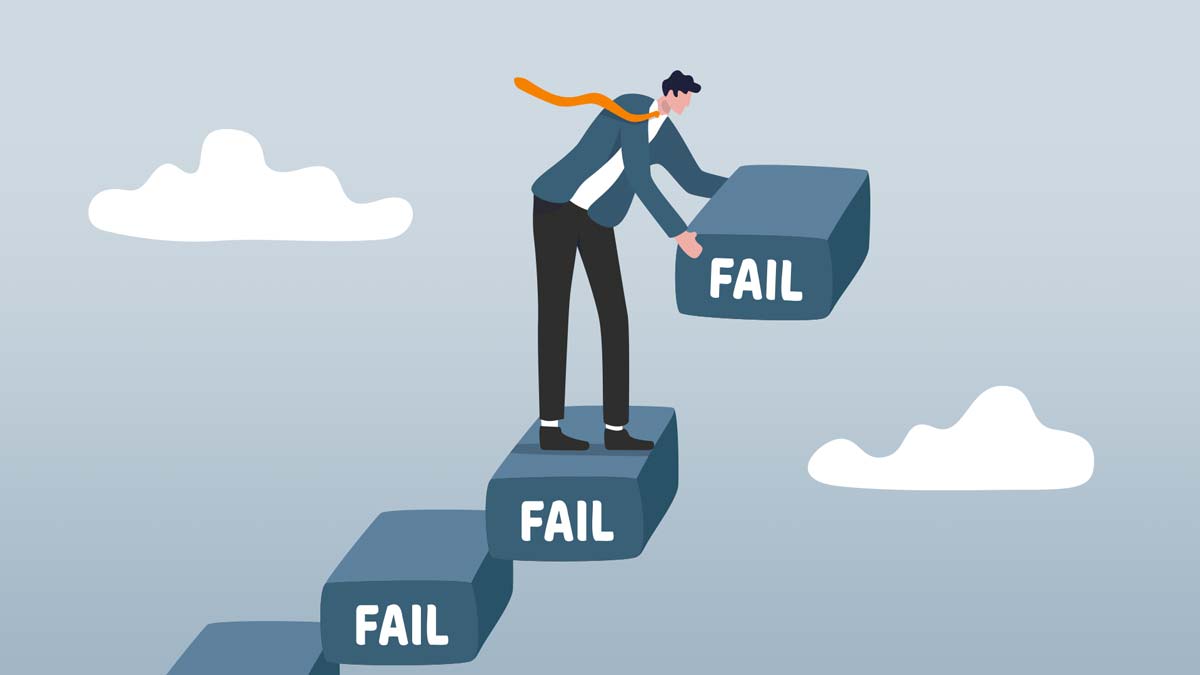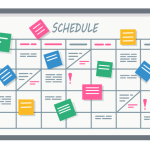Failure is often seen as something to be avoided at all costs. It brings disappointment, frustration, and self-doubt. However, what if we started looking at failure not as a dead end, but as a crucial part of success? Some of the most accomplished people in history, such as Albert Einstein, J.K. Rowling, and Steve Jobs, faced significant failures before they achieved greatness. What set them apart was their ability to learn from setbacks and use them as stepping stones for future success. Dealing with failure is relevant to students of the XV. gimnazija, since a lot of them are participating in competitions, both academic and sport ones, and they all strive to be first. However, it’s important to know one can not always be the best in every skill, and that failure is an opportunity to learn more than you would have if you won.
Why Failure is Essential for Growth
The reason why failure is better than success in teaching lessons is that it forces us to reflect, adapt, and improve. When we experience failure, we gain valuable insights into what went wrong and what can be done differently next time. This process of self-evaluation builds resilience, making us stronger and better prepared for future challenges.
In education and business, failure is often seen as a sign of weakness. Yet, some of the world’s top innovators argue otherwise. Thomas Edison said, “I have not failed. I’ve just found 10,000 ways that won’t work.” His persistence led to the invention of the light bulb, a technological innovation that changed the world. Similarly, Oprah Winfrey was once told she was “unfit for television,” yet she used that criticism to fuel her determination, ultimately becoming one of the most influential media figures of all time.
How to Develop Resilience After Failure
Try to change your perspective. Instead of seeing failure as an endpoint, view it as part of the journey. Every mistake brings you closer to understanding what works and what doesn’t. According to the Lorman Blog:
- Learn from mistakes: Analyze what went wrong and identify what can be improved. Growth comes from learning, not avoiding failure.
- Stay persistent: Many people give up too soon. Success often comes to those who still try hard despite setbacks.
- Seek support: Talk to someone; your friends, or colleagues who can provide guidance, encouragement and share their knowledge with you. Failure feels less overwhelming when shared with others.
- Practice self-compassion: Don’t be too hard on yourself. Accept failure as a natural part of growth and remind yourself that even the most successful people have faced obstacles.
Failure as a Path to Success
Schools, workplaces, and society as a whole should encourage a mindset that embraces failure as a learning opportunity rather than a personal flaw. If we normalize setbacks, we will empower people to take risks, be creative, and develop resilience.
One advice you can take is that the next time you face failure, ask yourself: What can I learn from this? Instead of giving up, use it as fuel for improvement. Because, in the end, failure isn’t what defines us, but our response to it does.




